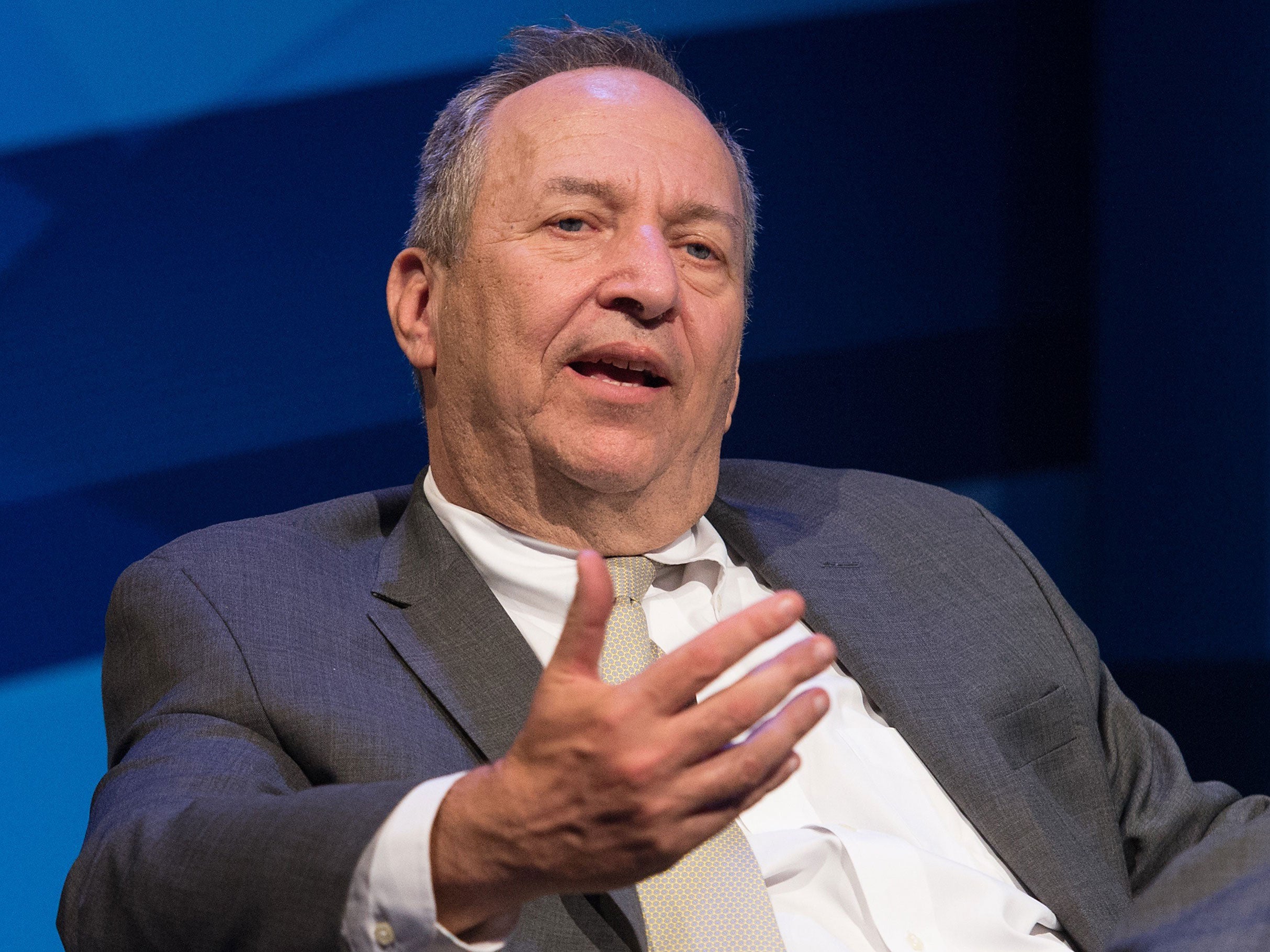Brexit was ‘historic economic error’, says ex-US Treasury chief
UK’s exit from EU helped fuel inflation crisis, says top US economist Larry Summers
Brexit was a “historic economic error” which has helped fuel high inflation in the UK, the former US Treasury chief Larry Summers has said.
The senior American economist also said he would be “very surprised” if Britain avoids a recession in the next two years.
Mr Summers said Brexit and other policies mean Britain’s economic woes are “frankly more acute than they are in most other major countries.”
“The UK economic policy has been substantially flawed for some years,” he told BBC Radio 4’s Today programme.
“Brexit will be remembered as a historic economic error that reduced the competitiveness of the UK economy, put downward pressure on the pound and upward pressure on prices, limited import goods and limited in some ways the supply of labour,” he said. “All of which contributed to higher inflation.”
Mr Summers – who advised presidents Bill Clinton and Barack Obama – also criticised the Bank of England, suggesting interest rates had been kept too low for too long.
He said the higher levels of inflation were “reinforced by very ill-judged monetary policies that were substantially too expansionary for too long”.
The US economist said the only option was to stay the course with base rate hikes. The Bank of England has raised rates 12 times since the end of 2021 – taking it to 4.5 per cent last month.
Mr Summers said it would inevitably hit activity and growth, adding that he would be “very surprised if two more years passed without the UK entering into recession.”

“I think it’s a particularly dramatic concern in the UK that you have very substantial entrenched inflation, it’s going to be very difficult to eliminate that entrenched inflation without a significant slowdown in the economy,” Mr Summers said.
He added: “Usually when you’re prescribed a course of medication, even if the drugs are not so pleasant themselves and even if they possibly have some side effects, it’s usually better to take the whole course of medicine ... than to stop taking the medicine early and risk a recurrence of the underlying infection.”
Mr Summers previously criticised the Tory government during the turmoil of Liz Truss’ brief premiership – saying markets were treating Britain like a developing country where “credibility” is lost.
His latest intervention comes after the average UK house price recorded its biggest annual fall in nearly 14 years in May – with the property market feeling the impact of interest rate rises.
Property values fell by 3.4 per cent annually last month, marking the biggest drop seen since July 2009, Nationwide Building Society said.
The average house price fell by 0.1 per cent month on month to £260,736, according to Nationwide’s index.
Robert Gardner, Nationwide’s chief economist, said the number of mortgages approved for house purchase in March was still around 20 per cent below pre-pandemic levels.
Mr Gardner said investors’ expectations for the future path of the Bank of England base rate suggest it could peak at around 5.5 per cent, adding: “Furthermore, rates are also projected to remain higher for longer.”
He said: “If maintained, this is likely to exert renewed upward pressure on mortgage rates, which had been trending down after spiking in the wake of the mini-Budget in September last year.”




Join our commenting forum
Join thought-provoking conversations, follow other Independent readers and see their replies
Comments